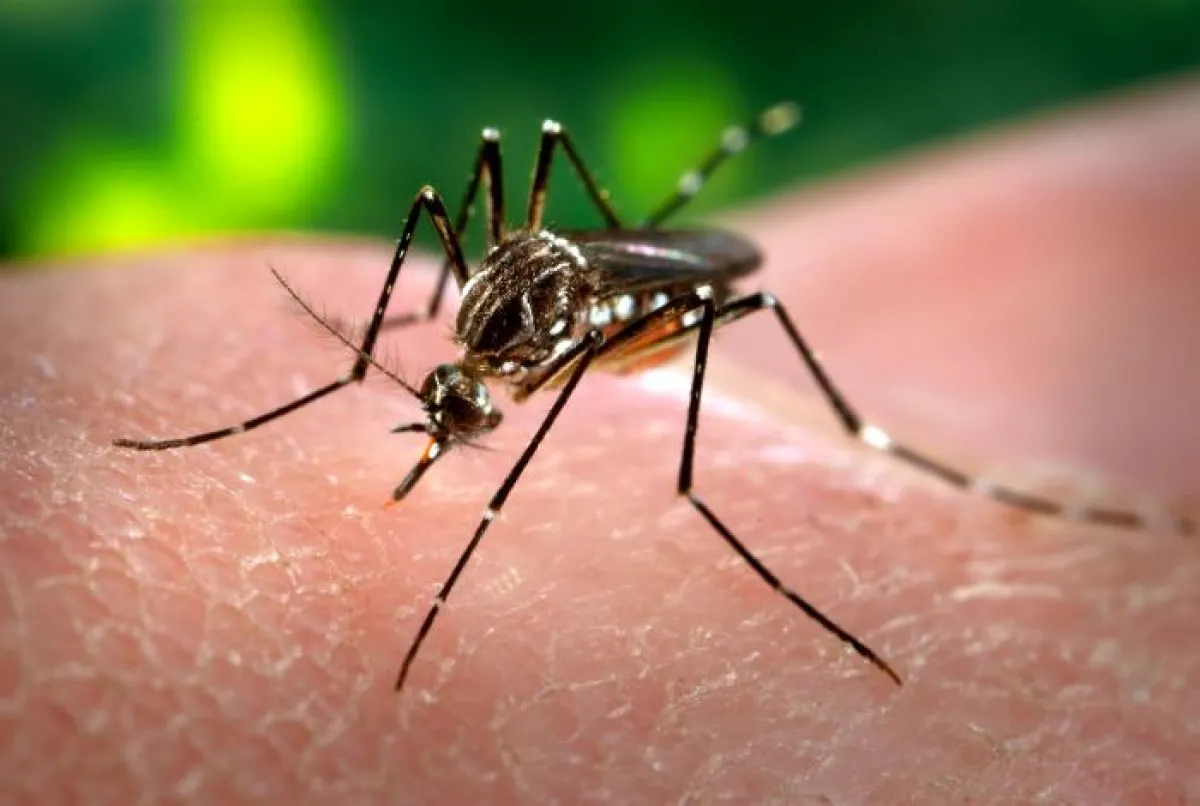Climate and other drivers of infectious diseases - focus on Asia and the Pacific
Associate Professor David Harley presents on how climate interacts with host characteristics at individual and population levels, pathogen biology, and other facets of the biotic and abiotic environment.
Speakers
Content navigation
Description

Associate Professor David Harley has been at The National Centre for Epidemiology since 2008. He is a zoologist, general practitioner, epidemiologist, and public health physician. His wide professional interests include mental health, drugs, and the future.
Abstract
Infectious disease epidemiology is determined by characteristics of host, agent, and environment. Climate is one important environmental influence on the incidence and distribution of infectious diseases. But climate interacts with host characteristics at individual and population levels, pathogen biology, and other facets of the biotic and abiotic environment. This presentation will consider mechanisms via which climate influences infectious diseases and present empirical evidence for some associations. The interaction of climate with other environmental, as well as host and agent characteristics will then be discussed. Examples from Asia and the Pacific, including dengue and tuberculosis, will be used. The future for infectious diseases under climate change will be considered.
This was first presented at The International Congress on Infectious Diseases, as an invited paper in a symposium on One Health and Emerging Infectious Diseases.
Location
Bob Douglas Lecture Theatre, Building 62 NCEPH (entrance on Eggleston Road)
